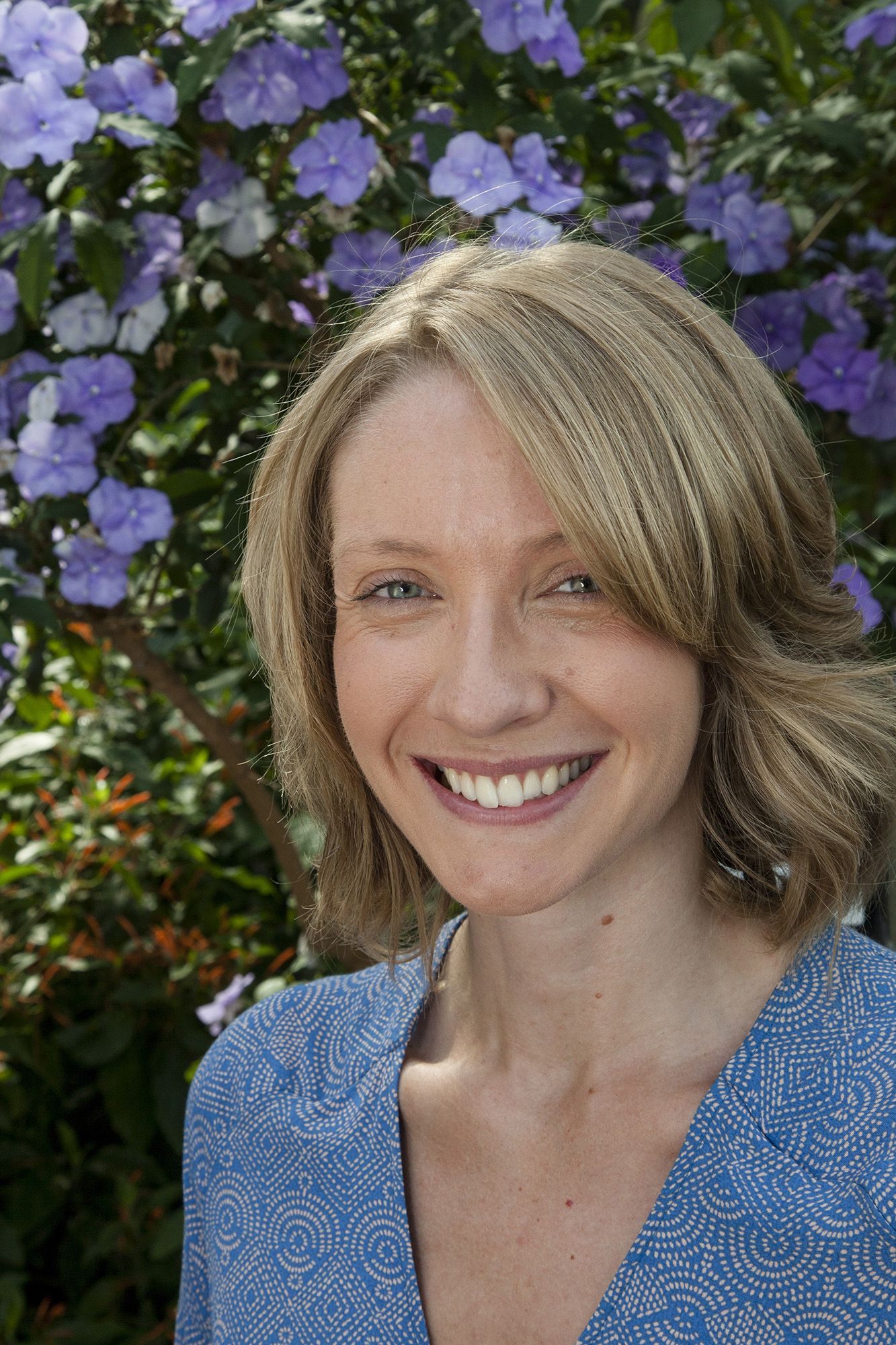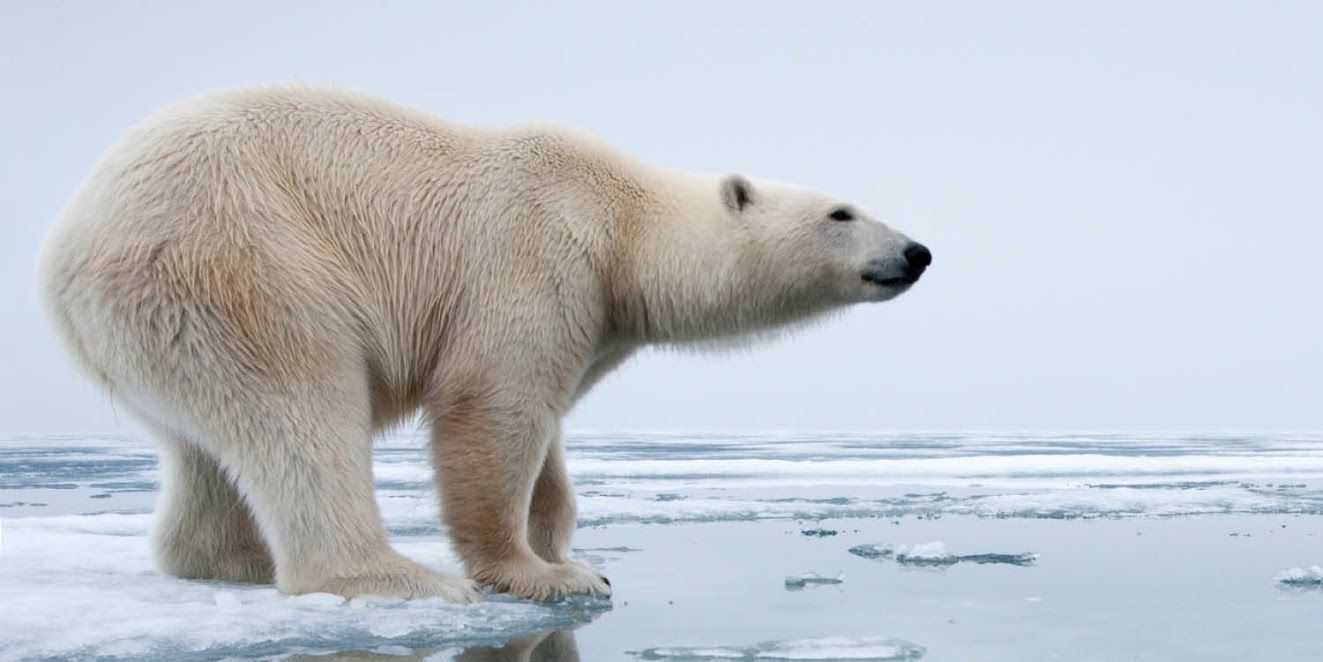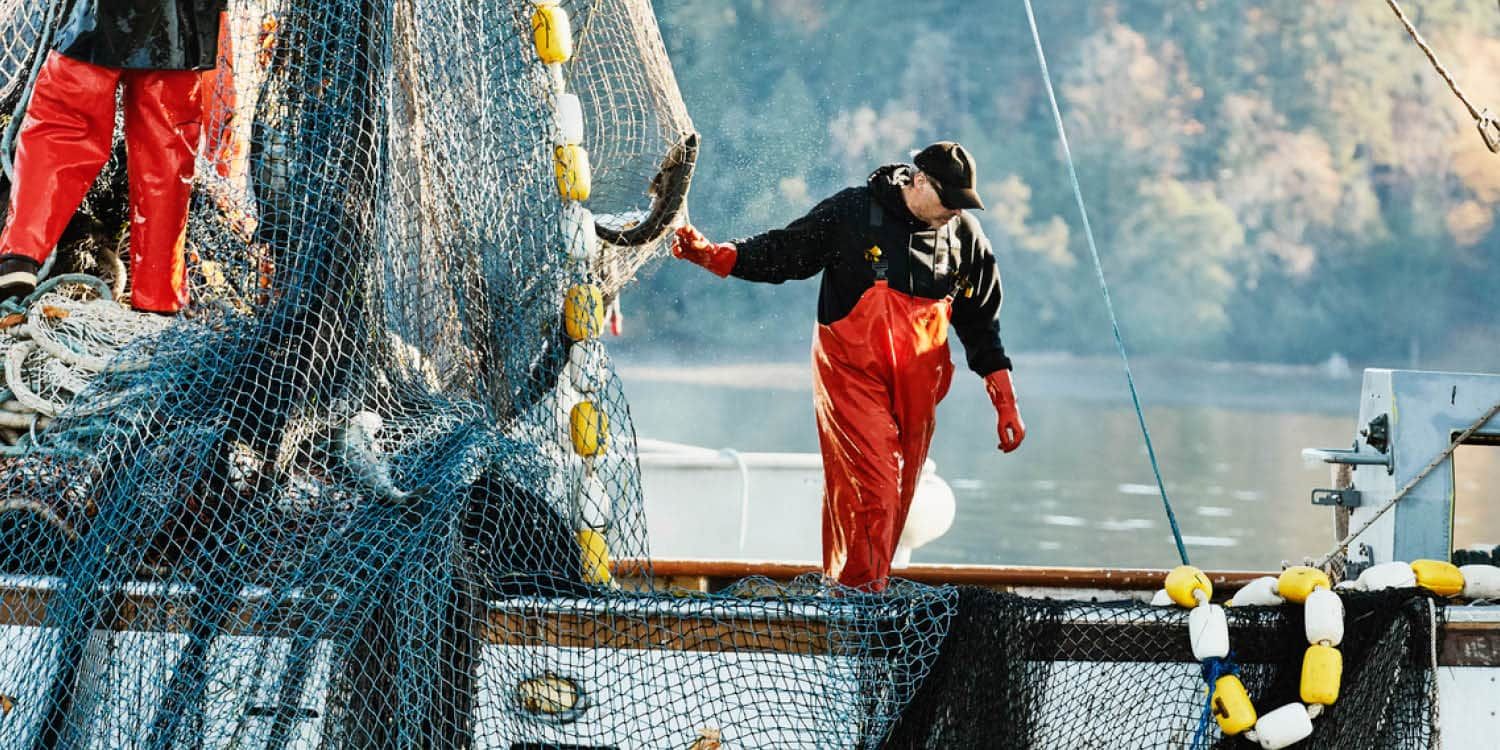- Home
- Expert Tracks
- Dr Louisa Preston Educator Profile
Learn with
Dr Louisa Preston
UK Space Agency Aurora Research Fellow
Department of Earth Sciences
The Natural History Museum

Publications from Dr Louisa Preston
Books:
1. Goldilocks and the Water Bears: The Search for Life in the Universe
2. Aliens: Science Asks: Is There Anyone Out There? – Ed. Jim Al-Khalili,
Chapter 8 – Further Out: Could the Moons of the Gas Giants harbour life?
3. What’s Next? – Ed. Jim Al-Khalili
Chapter 15 – Space Colonisation and Interstellar Travel
Academic (and open source):
1. Preston, L.J., Barcenilla, R., Dartnell, L.R., Kucukkilic-Stephens, E., Olsson-Francis, K. (2020) Infrared spectroscopic detection of biosignatures at Lake Tirez, Spain: Implications for Mars. Astrobiology. 20:15-25. DOI: 10.1089/ast.2019.2106.
2. Preston, L.J. and Dartnell, L.R. (2014) Planetary habitability: lessons learned from terrestrial analogues. International Journal of Astrobiology. 13:81-98.
Articles:
1. Out of this World – BBC Wildlife – June 2016
2. The Scientist, Who Happens to be a Woman – Mutha Hood – April 2020
3. Meet the woman leading the way into finding life on Mars – The Female Lead – Janurary 2020
Videos:
2. 5×15 Talk
Biography
Dr Louisa Preston is a UK Space Agency Aurora Research Fellow, and an astrobiologist, planetary geologist and author based at The Natural History Museum in London.
Her work spans across a variety of environments on Earth, examining where life is able to survive our planet’s most extreme conditions, using them as blueprints for possible extra-terrestrial life forms and habitats.
Dr Preston has worked on projects for NASA and the Canadian, European and UK Space Agencies, and is co-investigator for the PanCam and ISEM instruments on board the ExoMars 2022 Rosalind Franklin Rover.
She has lived in two Londons; London, Ontario, Canada and, currently, London, UK, where she is a mum to two boys (7 and 3) and a cat.
Why learn with Dr Louisa Preston?
Dr Preston has an MSci in Geology (Earth Resources) from Imperial College London and a PhD in Astrobiology and Planetary Geology, also from Imperial College London. She is passionate about devising ways to find life on Mars (as well as writing about it), and she brings that same passion to her FutureLearn courses.
As an avid believer in the power of science communication, she brings her expertise and knowledge to our learners, giving you the chance to learn about some of the most fascinating topics related to life on Earth, Mars and beyond.
Quotes from Dr Louisa Preston
[wcp_testimonials_outer arrows=”true” slidestoshow=”2″ slidestoscroll=”2″ arrows_color=”#ffffff” text_color=”#ffffff” title_color=”#ffffff” company_color=”#ffffff”][wcp_testimonials_inner title=”– Dr Louisa Preston”]“As a child, I was told that the aliens in Star Trek weren’t real but I’ve always questioned if that was true. Now I’m on the team of the ExoMars2022 rover that will be drilling beneath the crust of Mars to find signs of ancient life”[/wcp_testimonials_inner][wcp_testimonials_inner title=”– Dr Louisa Preston”]“At the end of the day, what we do off the Earth is still for the good of the Earth and the benefit of all species on it. Go out into the universe and make a change.”[/wcp_testimonials_inner][wcp_testimonials_inner title=”– Dr Louisa Preston”]“The analytical nature of science gives us the ability to perceive the anatomy of the universe and every molecule in it, but it is the human imagination that gives it life.”[/wcp_testimonials_inner][/wcp_testimonials_outer]Why extremophiles bode well for life beyond Earth – Louisa Preston



